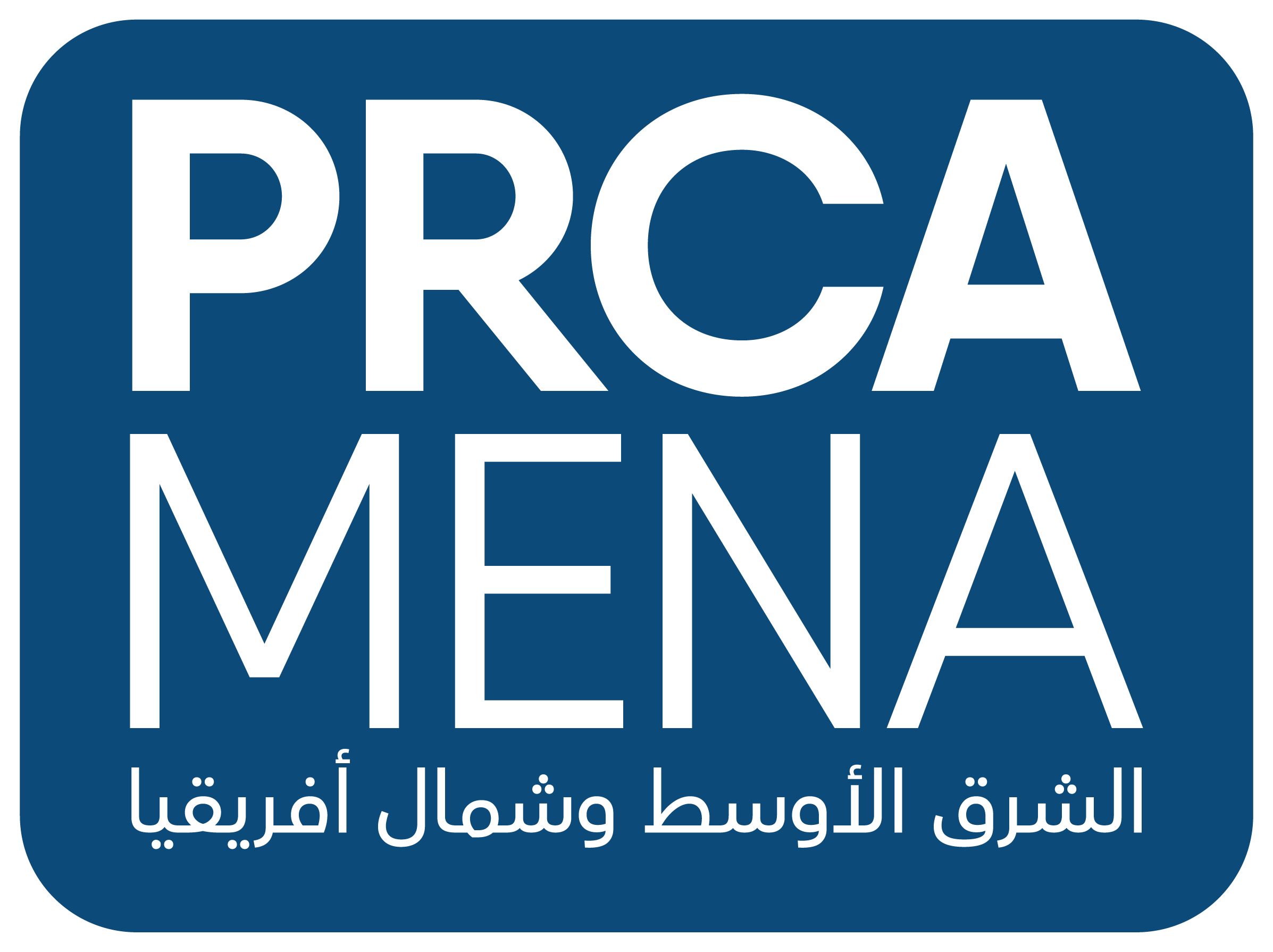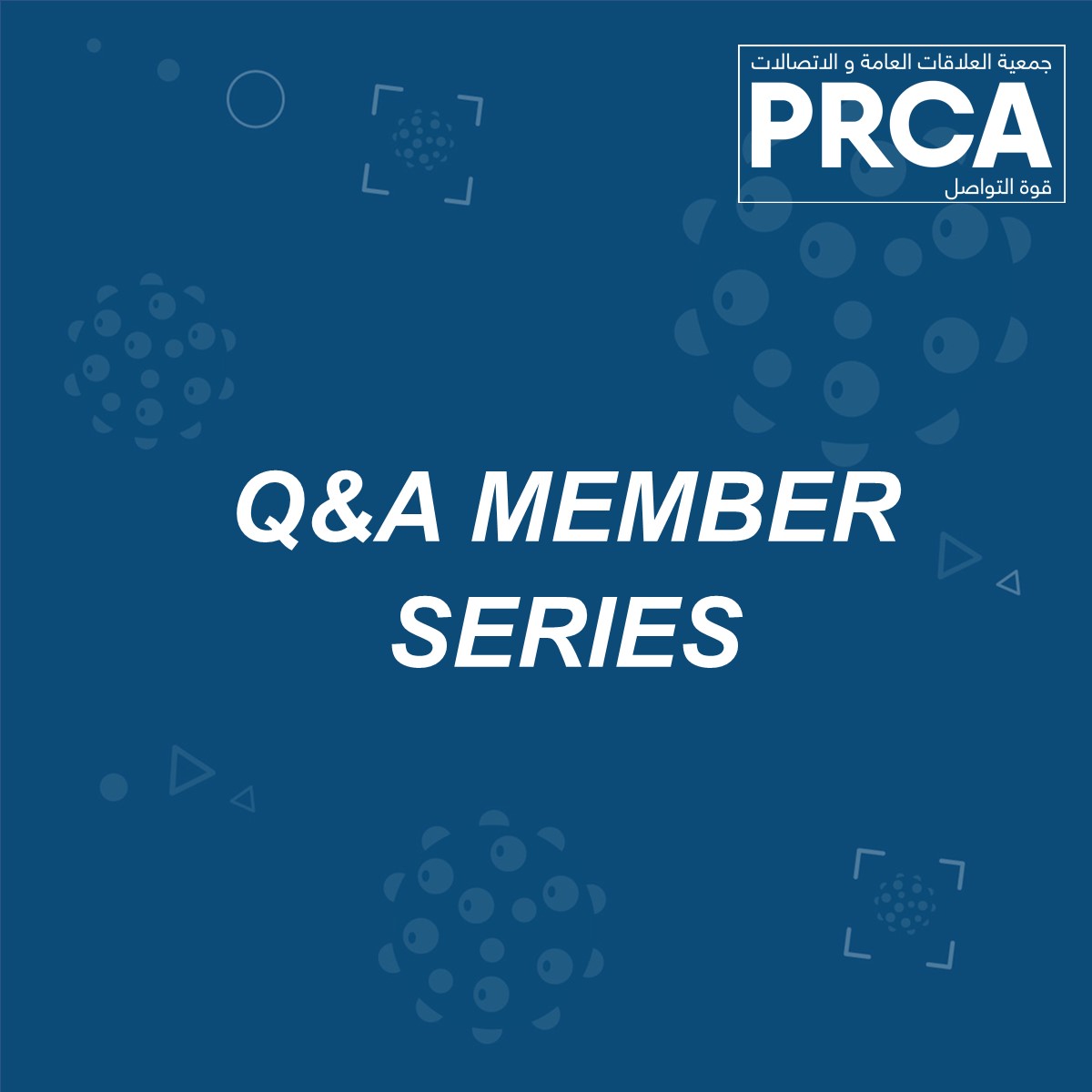COVID-19 Q&A MENA Series with Atteline
The COVID-19 crisis has had a profound impact on public relations professionals across the world. Despite the ongoing uncertainty, communications are playing an essential role connecting stakeholders and helping organisations to make sense of their new environments. Messaging and communication have never been more critical to business.
This exclusive Q&A series spotlights the communications professionals behind the organisations working the COVID-19 crisis.
This week features Sophie Simpson, Co Founder & Bianca Riley, Director from Atteline answering the PRCA MENA Q&A series.
Sophie Simpson, Co Founder, Atteline :
How has the COVID-19 crisis affected you and your organisation?
We’ve never been here before, so it’s hard to know where we are. It is a time of uncertainty and opportunity. We are rallying around our clients to navigate these uncharted waters as we witness massive behaviour change at a scale and speed that we’ve never seen before, sparked by uncertainty, preached by social media, encouraged by events. Furthermore, we cannot single out how Covid-19 affects Atteline’s clients but also its employees as a team and individuals. The restrictions and tensions of an 8-week lockdown have created a lot of time for self-reflection, whether we like it or not. Faced with uncertainty and struggle, without many of our usual time-filling distractions, we’ve been forced to confront ourselves. People are strikingly honest about what they see. From the flaws we’re learning to embrace, to the strengths we never knew we had, the pandemic is revealing both our good and bad sides in full clarity.
How should businesses communicate with stakeholders during the current crisis? What are the key things to bear in mind?
Don’t single out an approach to communicating with stakeholders that differs from any other person in your network. People are finding ways to combat social distancing by embracing the ability to stay more regularly in touch through technology, and the keyword here is regular. There’s a renewed sense of gratitude for tools once considered responsible for a negative shift in personal and corporate relationships and communication.
How can organisations safeguard their reputation during this period?
Look after your own. Take care of your employees first and foremost, they are the biggest advocates of, or change agents for, your organisation. Secondly, remember crises create as much opportunity as they do uncertainty. The organisations that will thrive post-Covid- 19 will be those that are ready to take advantage of the new world order, understanding the challenges and embracing the possibilities it has created. Identify areas of commercial or brand opportunity and assess the implications on your proposition and brand experience.
Do you have any thoughts on how organisations ought to communicate with employees during the present crisis?
Over-communicate! Touch base with employees not just as teams but as individuals every day, and without fail. What we must also keep in mind is the future. As employees re-enter working life, things that used to be normal may feel strange. The office may have a different feel and the people we interact with may have changed. Objectives and plans from before the crisis will need to be reconsidered. After such a long period of dislocation, people will want to reconnect and reaffirm their relationship with their company, but the old certainties may no longer feel as reassuring or even as relevant as before. We must be aware that this will be the case and be ready to adapt. The objective, and challenge, will be to reconnect the workforce with the company’s inner purpose: the motivating narrative that captures the source of motivation and purpose that encourages a commitment to an organisation. It will be important to quickly ascertain whether that inner purpose remains relevant or is also in need of a rehaul.
Do you have any tips on how to protect and promote mental wellbeing amongst staff at this time?
There is a collective power in shared vulnerability. Ensure weekly one on one check-ins with your team members. This should be their chance to tell you about the challenges they’re facing, what additional support or resources they need and how you can better support them. Regular check-ins will ensure there’s constant and open communication and any challenges can be tackled early on. You can also establish where additional resources and support are required. Secondly, put yourself in the shoes of your team — what would you want your manager and organization to do to better support your mental well-being? Start from there and come up with steps you can take to implement wellness strategies in your organization. It’s also crucial your team knows that there is nothing wrong in having a tough day and that it won’t be held against them. Boosting morale begins with company culture, where it’s important to foster a culture of honesty and transparency. Communication is key.
Can you share any examples of organisations delivering positive community-led or social campaigns over the past couple of months?
Re:Set, which is a fantastic platform that aims to dispel misconceptions and stigma surrounding topics such as mental health. It is a great resource that promises a safe, inclusive space that encourages dialogue on issues that matter and inspire change. Something that is much needed during this crisis. With easily digestible hacks reinforced with real-life examples, Re:Set is a powerful voice in a world full of noise for everyday people to share their real-life experiences and ignite discussions. Together with these collaborative voices, the platform provides insights into the challenges we are confronted with, decoding what it takes to find the support you need to take positive steps forward. During the Covid-19 crisis Re:Set has been especially active with panels discussions across the country.
In what ways (if any) will this crisis impact the way communications professionals work in the long-term?
We will have to sustain and grow through digital. In these times of extraordinary change, businesses are seeing the shape and consumption habits of their audience evolve. At the same time, the media landscape is in a state of flux, creating challenges in achieving reach and maintaining brand awareness. Digital at scale affords businesses the opportunity to maintain brand awareness and address dynamic audience changes.
If you could share any advice with yourself before this crisis began, what would it be?
Think digital in all capacities! The single most powerful trend emerging from the Covid-19 crisis is the accelerated development of our digital economy. Brands and companies with a robust digital offering are the ones that will survive, and those that can harness this new reality will thrive.
Bianca Riley, Director, Atteline:
How has the COVID-19 crisis affected you and your organisation?
We’re now working from home, which is a total change for us. Additionally, we’ve had many clients pause so general business is down. Morale within the team due to anxieties over the virus.
How should businesses communicate with stakeholders during the current crisis? What are the key things to bear in mind?
Being transparent and honest is key. Everyone is going through a little bit of the same thing, so acting like you’re not just comes off as dishonest.
How can organisations safeguard their reputation during this period?
Communicating regularly, but not over-communicating either. Unless relevant to your business, stay away from topics such as policies around the virus – it’s unlikely your audience is following you for your medical opinions at this point. Encourage people to stay home and safe, and edit your business model to adapt to this new way of life however possible.
Do you have any thoughts on how organisations ought to communicate with employees during the present crisis?
Again, transparency and honesty. If changes to the way they work, their clients or even their pay are happening, they deserve to know every step of the way. There should also be an increased focus on mental health support.
Do you have any tips on how to protect and promote mental wellbeing amongst staff at this time?
Share resources, increase check ins with your team. Encourage a healthy work life balance.
Can you share any examples of organisations delivering positive community-led or social campaigns over the past couple of months?
AT&T encouraging sharing local businesses through their social media by creating a graphic for people to fill out. Re:SetFest.com doing virtual panel discussions with Middlesex University Dubai to help students through this confusing time.
In what ways (if any) will this crisis impact the way communications professionals work in the long-term?
We’re seeing this already that some agencies are having to cut pay or enforce mandatory annual leave etc. – Long-term, we’ll see a lot of repair work having to be done for quite some time, and also a shift in the type of booming industries looking for PR. Additionally on a personel basis, you’ll notice a lot of companies will unfortunately not be able to hire, promote or offer pay raises for quite some time.
If you could share any advice with yourself before this crisis began, what would it be?
Wear a mask and gloves – this isn’t a joke! Stay inside, this isn’t going to pass any time soon so settle in and focus on things that make you happy to get you through this.
**********
Atteline is a retail, wellness, design and consumer corporate PR agency headquartered in Dubai, UAE. Leveraging global experience, regional insight, and local expertise, Atteline packages, protects and propels the brands it believes in across the consumer and corporate landscape. Working alongside some of the most current brands and disruptive entrepreneurs, together Atteline grows in its vision to be better than yesterday and deliver campaigns that shape culture.




